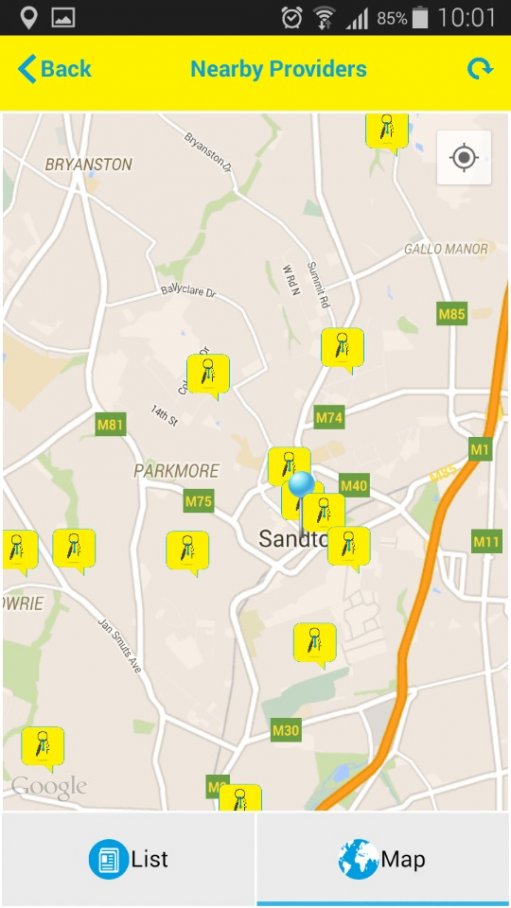
NEW BUSINESS CHANNELS Apps provide a new method of requesting and providing services and form a growing part of Africa’s economies
An expanding array of services with mobile technologies as their backbone are typifying the modern economies emerging in many African countries, and capitalising on this new method of requesting and providing services is essential for the continent’s growth, says South African mobile application (app) developer Francois Briers.
Briers developed the artisanal app HelpOut, which enables users to search for artisanal service providers in their area. The app also lists the prices of the service providers, and Briers hopes to boost the use and viability of local service businesses through the app.
“As this digital revolution continues to effect fundamental changes in the way products are marketed and individuals transact, businesses need to adapt to the dramatic shift in customer behaviour. Nowhere is this metamorphosis in customer behaviour more profound than in Africa,” he notes.
App innovation is surging in Nigeria, Kenya, Ghana and Egypt, he notes.
“Predictions indicate that such economies will grow almost three times faster than developed ones, and account for an average of 65% of global economic growth by 2020. This means those businesses that can offer well-designed products that meet a basic need could find themselves sitting on a veritable gold mine,” emphasises Briers.
While significant opportunities for businesses exists to capitalise on the capabilities of smartphones, governments in developing countries need to continue to fill the technology infrastructure gaps to enable this growth.
“Although our continent is the world’s biggest and fastest-growing mobile telephone market, after China, we have barely explored the potential of apps that are possible on cellphones and smartphones.
The investment in infrastructure is absolutely essential to further increasing African Internet speeds and reducing the cost of Internet use. It has been proven that lower communication costs enable businesses to reach wider markets, making it possible for goods and services to be traded in a new way,” explains Briers.
In 2014, mobile technologies were responsible for an estimated 3.8% of gross domestic product (GDP) worldwide, of which 2% came from associated productivity increases. In sub-Saharan Africa, the contribution of mobile technologies to GDP was even higher – 5.4%. Estimates indicate that mobile Internet services could constitute 10% of Africa’s economy by 2025.
“There is tremendous room for early African movers to take advantage of the largely undeveloped mobile apps market in Africa and, as more private- and public-sector organisations see the benefits of mobile-based service delivery and interaction, the opportunities for app developers will increase exponentially,” avers Briers.